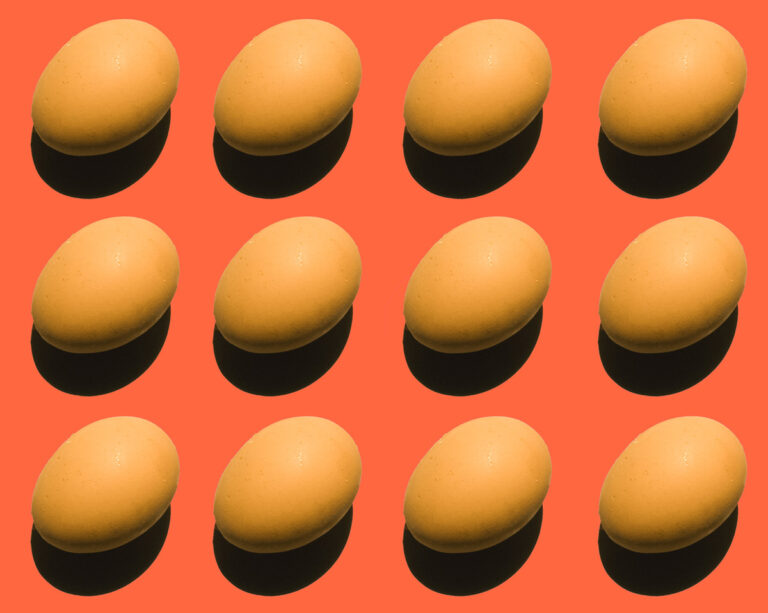Morrisons launches ‘planet friendly’ eggs from hens fed on insects and food waste
Supermarket chain Morrisons has launched a new line of “carbon-neutral” eggs, produced by feeding hens with insects reared on the company’s own food waste.
The so-called “planet friendly” eggs are the first product to be sold as part of Morrisons’ drive to be directly supplied by net-zero emission farms by 2030. Here, chickens laying the eggs reportedly have a soya-free diet including insects fed on food scraps from the retailer’s bakery, fruit and vegetable sites. This is supplemented by using an insect “mini farm” container made by the Cambridge-based startup, Better Origin.
According to the supermarket chain, the farm that supplies the eggs is equipped with a large wind turbine and solar panels, and aims to offset emissions at the facility by planting a fifth of its land with trees.
The company has also highlighted how insects are an ancestral part of a chicken’s diet and their new regime will not affect the quality, shelf life or taste of the eggs they produce.

Soya is a critical livestock feed which is associated with major environmental damage. Better Origin hence mentioned how food waste harbours the potential of producing carbon-negative animal feed by reducing the use of soya and decarbonising food production.
Cutting out soya also avoids the emissions involved with large-scale deforestation to grow the crop in places like Brazil—along with all the pollution triggered by shipping the feed.
“We know our customers consider the environmental impact of the food they eat and want affordable zero-emission produce,” said Sophie Throup, Head of Agriculture at Morrisons, in a press release. “Eggs are a regular weekly purchase for most households and so we’re thrilled that after 18 months of hard work with our farmers—these eggs are finally hitting our shelves.”

A report by the University of Cambridge has also confirmed the carbon neutral status of Morrisons’ new planet friendly eggs, having analysed all emissions in its production and those which are offset on its first carbon neutral farm. Morrisons further said the new eggs will be the first to feature the British Lion Egg green stamp to indicate the lower environmental impact to customers.
Costing £1.50 for six, and initially available in 50 Yorkshire outlets and Morrisons’ new lower environmental impact store in Little Clacton, the launch follows a 10-month ‘on farm’ trial.





